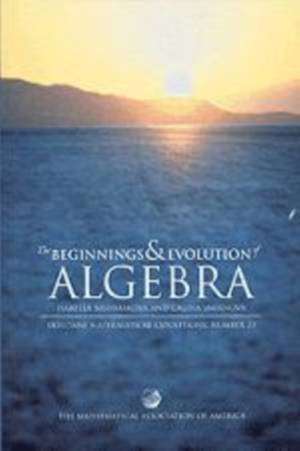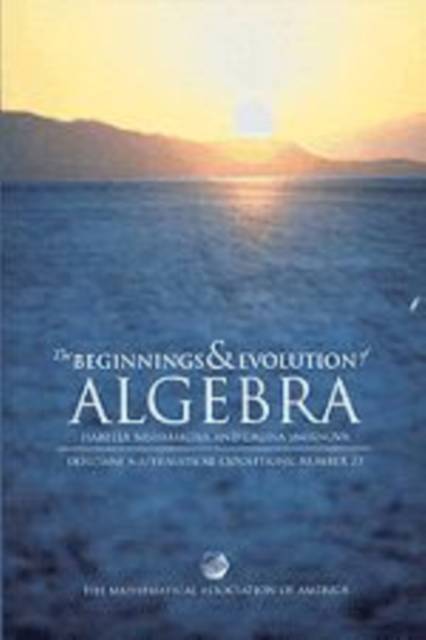
- Afhalen na 1 uur in een winkel met voorraad
- Gratis thuislevering in België vanaf € 30
- Ruim aanbod met 7 miljoen producten
- Afhalen na 1 uur in een winkel met voorraad
- Gratis thuislevering in België vanaf € 30
- Ruim aanbod met 7 miljoen producten
Zoeken
Omschrijving
The elements of algebra were known to the ancient Mesopotamians at least 4000 years ago. Today algebra stands as one of the cornerstones of modern mathematics. How then did the subject evolve? How did its constituent ideas and concepts arise, and how have they changed over the years? These are the questions that the authors address in this work. The authors challenge the existing view that the development of algebra was driven by the investigation of determinate equations and in particular their solution by radicals. In short they claim that the study of indeterminate equations was no less important. Historians of mathematics, as well as working algebraists who want to look into the history of their subject, will find this an illuminating read.
Specificaties
Betrokkenen
- Auteur(s):
- Vertaler(s):
- Uitgeverij:
Inhoud
- Aantal bladzijden:
- 196
- Taal:
- Engels
- Reeks:
Eigenschappen
- Productcode (EAN):
- 9780883853290
- Verschijningsdatum:
- 27/04/2000
- Uitvoering:
- Paperback
- Formaat:
- Trade paperback (VS)
- Afmetingen:
- 152 mm x 228 mm
- Gewicht:
- 276 g

Alleen bij Standaard Boekhandel
+ 69 punten op je klantenkaart van Standaard Boekhandel
Beoordelingen
We publiceren alleen reviews die voldoen aan de voorwaarden voor reviews. Bekijk onze voorwaarden voor reviews.








